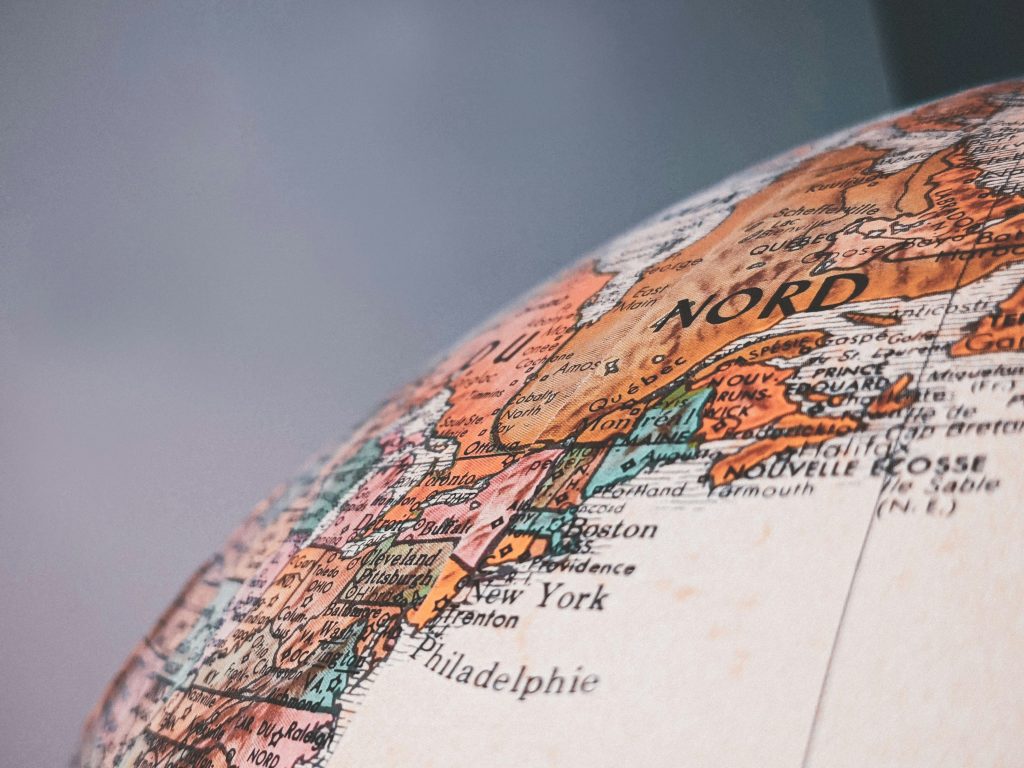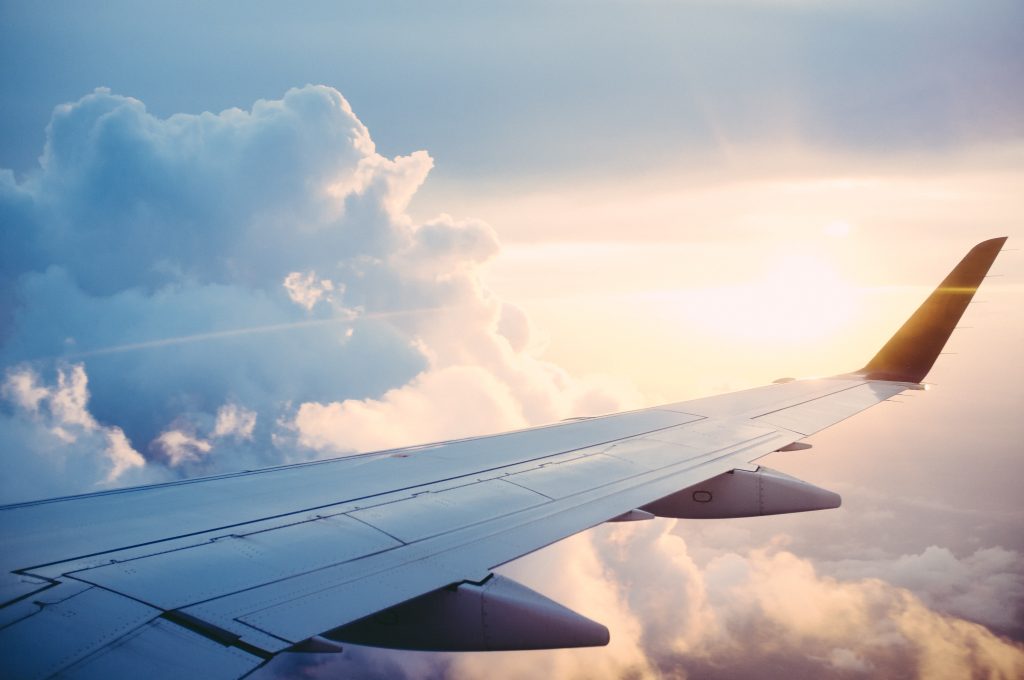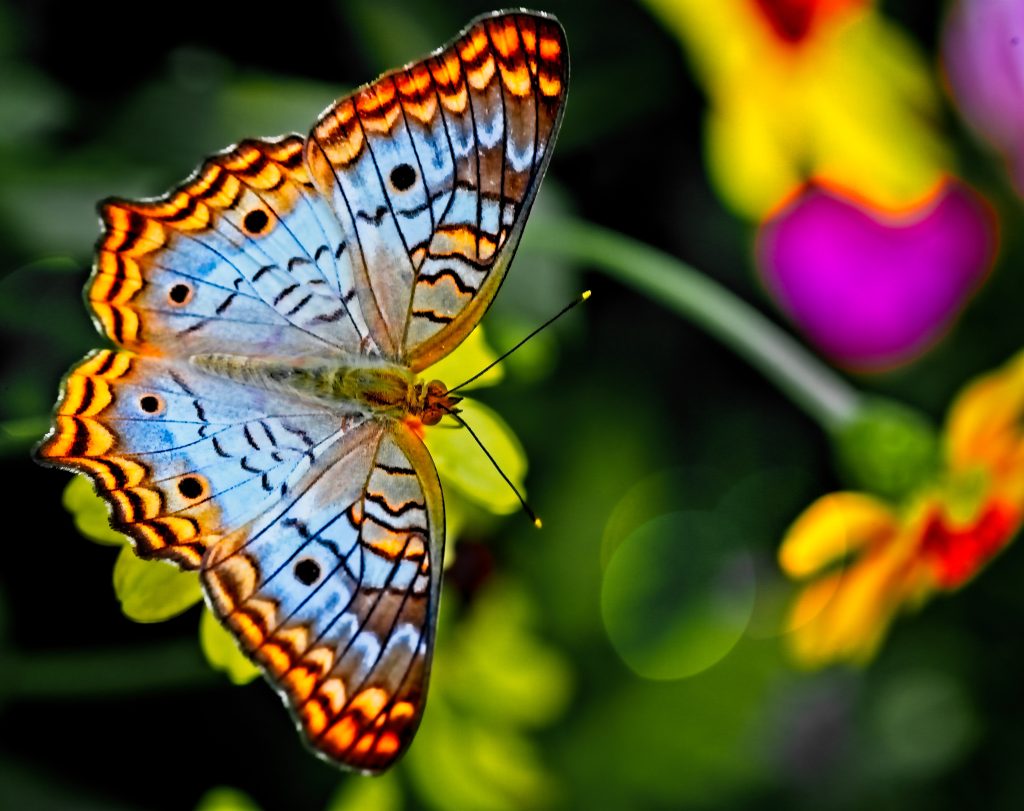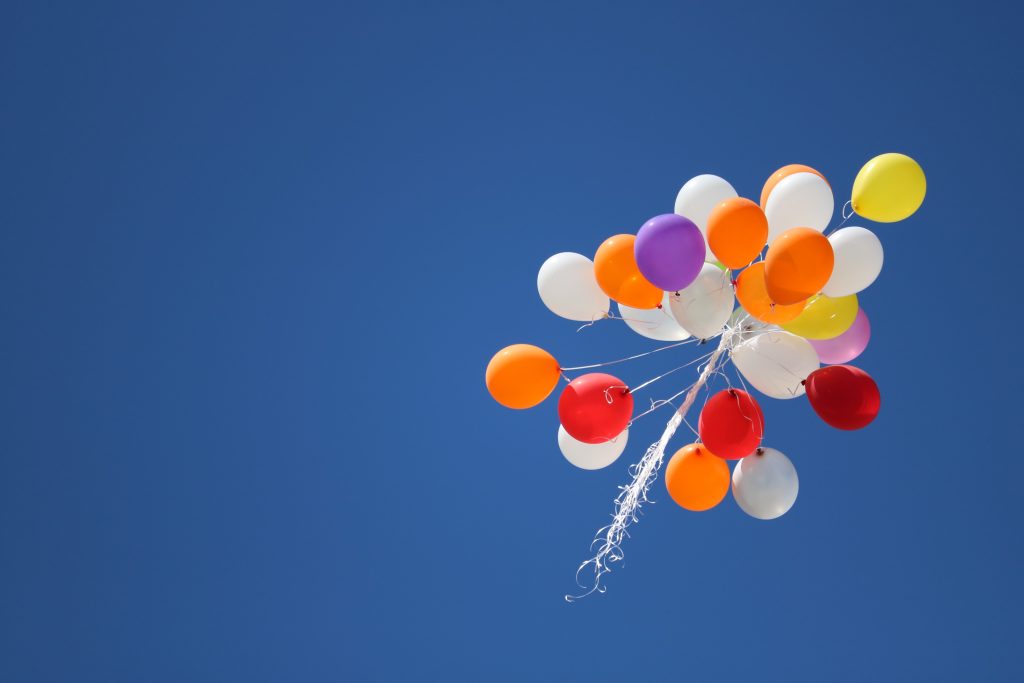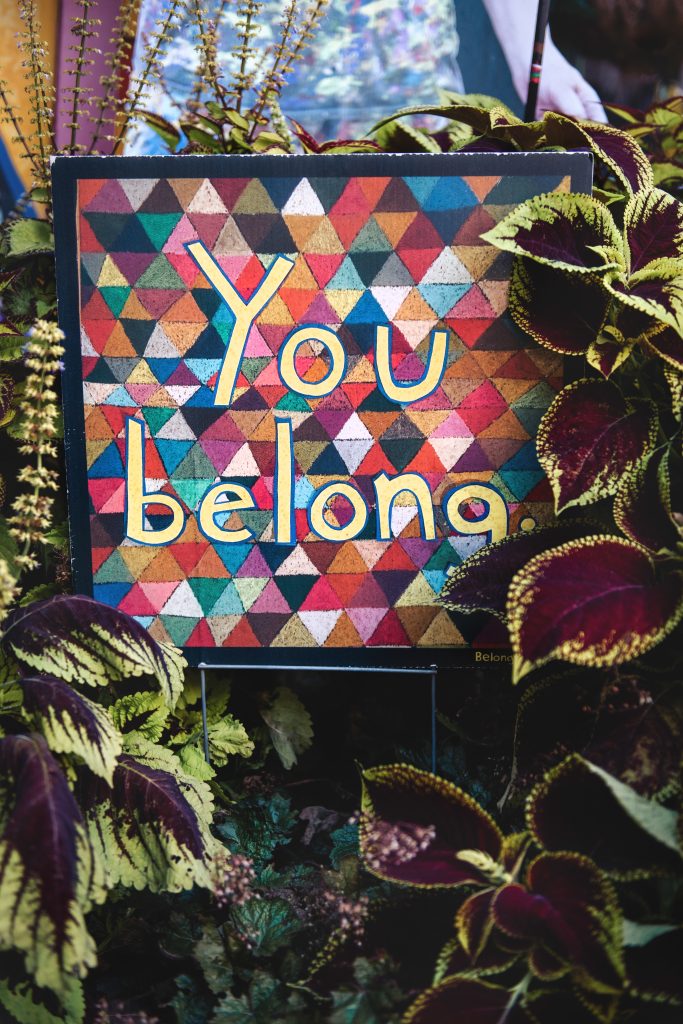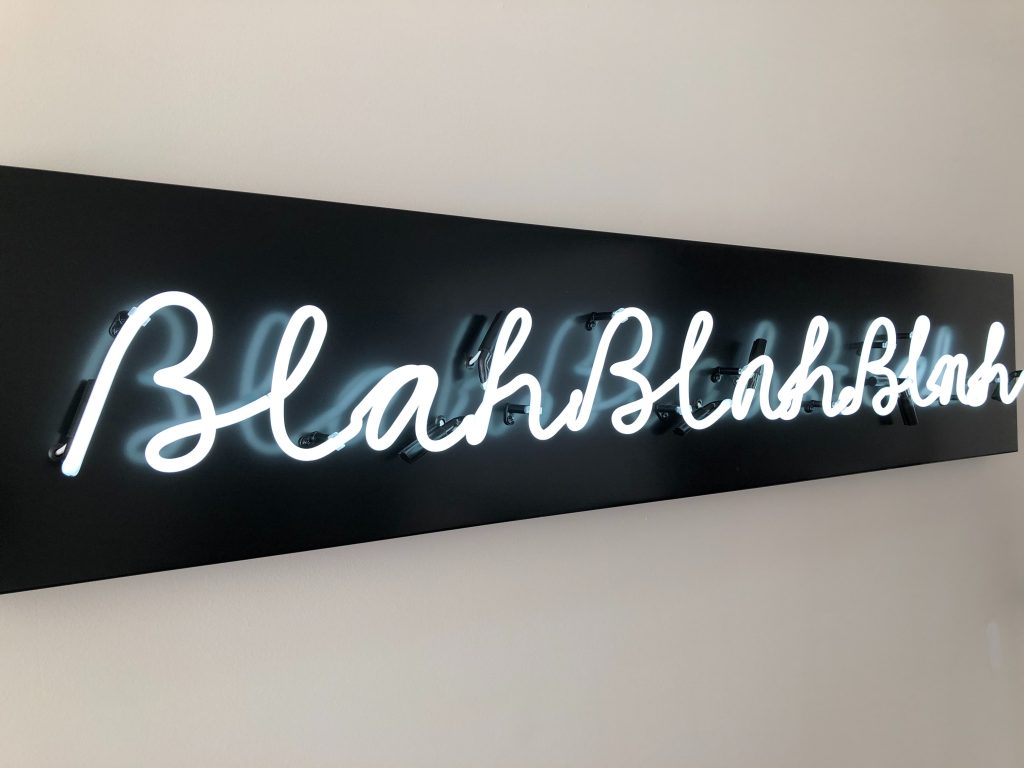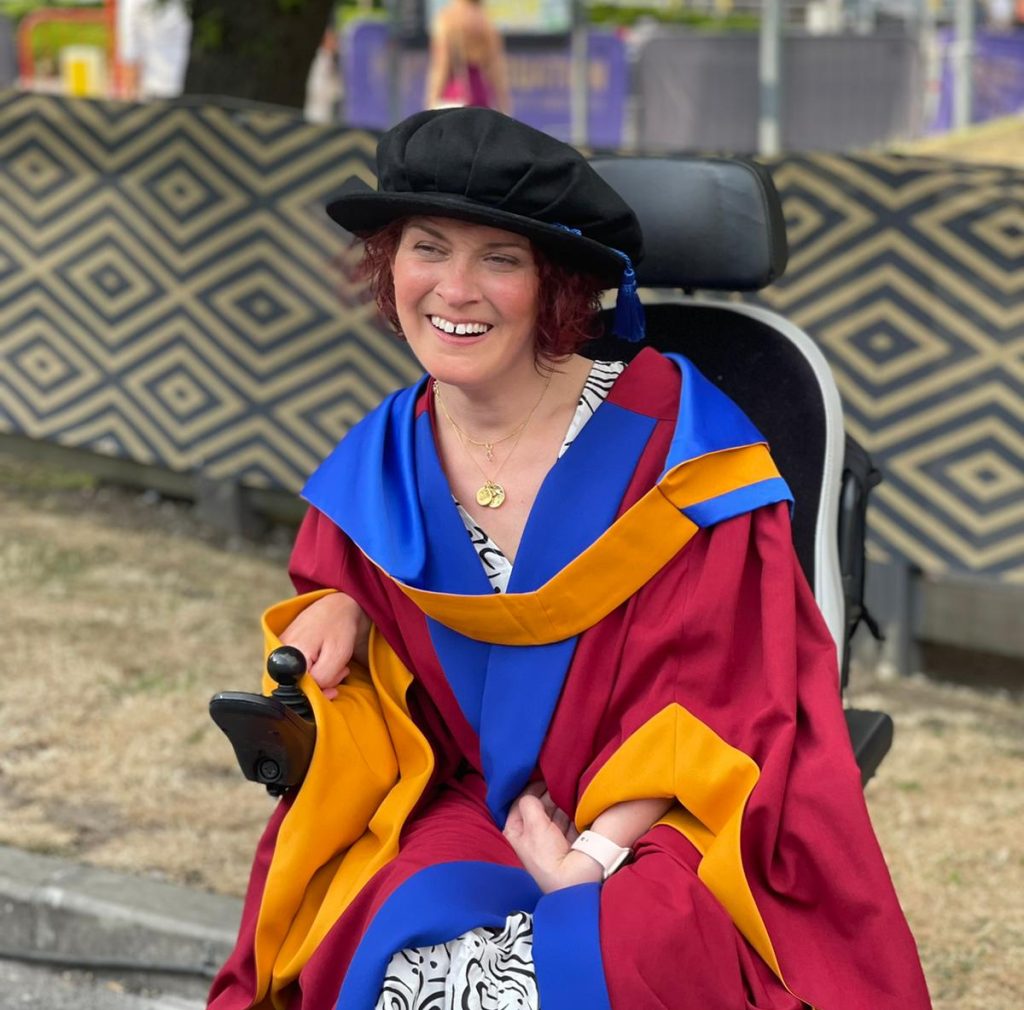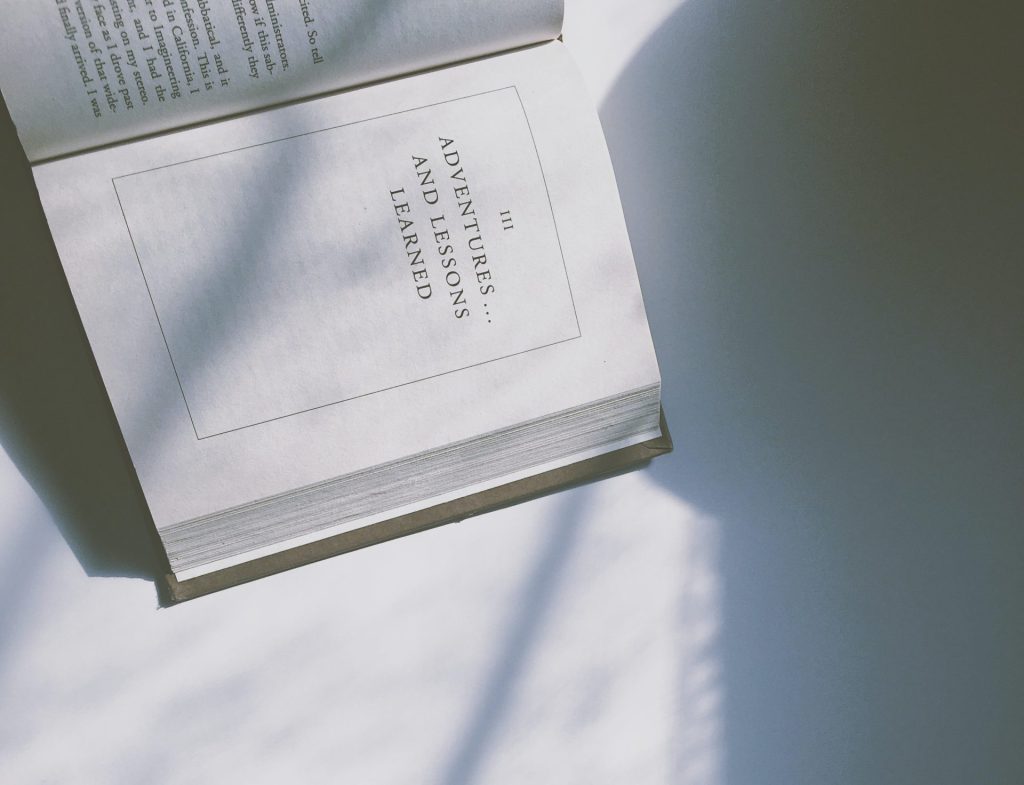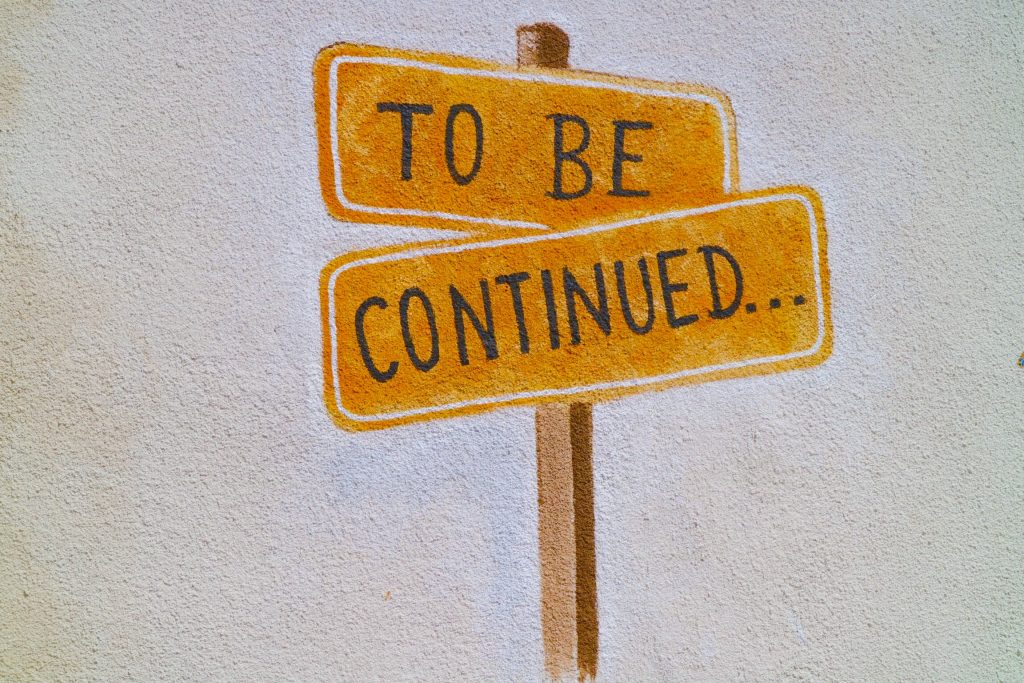It’s hard to believe that I started to write this blog a year ago during the first national lockdown. The aim was to explore perceptions of disability in relation to the Covid 19 pandemic and the strange and unprecedented times we are living through together, in the hope of creating awareness and empathy between the disabled and non-disabled community.
I’ve been overwhelmed by the positive response I’ve received to my blog and the work I’ve been doing in seeking to explore challenge and change perceptions of disability, and I’ve been heartened by some of the positive changes that Covid and lockdown have helped to bring about.
However, it is far from being all good news, and in fact recent reports show the shocking impact that the pandemic has had on the disabled community.
National charity Scope has revealed that disabled people have been the hardest hit by the pandemic. Tragically, according to the Official of National Statistics, 3 in 5 people who died from Covid 19 were disabled. Since the beginning of the pandemic 35% of disabled people said they are financially worse off and 1 in 4 disabled people reported that they feel forgotten about by the government.
A report by Hullabaloo for the Community Foundation captured the lived daily experiences of disabled people in the North East of England between March-May 2020. The report found that 22,500 of disabled people of all ages died due to Covid compared with 15,500 of non-disabled people.
The report also highlighted that the many problems encountered by disabled people included a reduction in external support, such as personal assistance at home, difficulty accessing basic needs, such as priority shopping and home delivery, and a negative impact on physical and mental health.
One of the things that I found particularly interesting in this report was the impact of social barriers, such as micro aggressions, which can undermine a disabled person’s psycho-emotional well-being and make them unable to participate fully in society and more likely to stay at home.
Micro aggressions are when disabled people are out in public and subjected to numerous small insults and jokey comments which they then internalise. For example, sometimes when I am out and about people may think they are being funny when they remark “do you have a licence for that?”, meaning my wheelchair or “have you been drinking?” if I am to bump into something by mistake. I do try to brush off these so-called ‘harmless’ comments but they can make me feel embarrassed and inadequate.
As the report states “On their own, these may go unnoticed, but as a collective, they become an expectation, a normal part of everyday life for disabled people” and this can lead to more extreme behaviour. Particularly worrying is that Disability Hate Crime has actually increased during the pandemic. A joint investigation by Leonard Cheshire and United Response shows a 12% increase in reports overall and a staggering 46% rise in online incidents in 2019-20 compared to the previous year.
These shocking statistics and the difficult and sometimes horrifying experiences of disabled people highlight even more the importance of exploring and challenging perceptions of disability in order to bring about positive and lasting change.
In my doctoral research, I found that perceptions of disability and disabled people are influenced by our lived experience of disability. If we can challenge the perceptions of disability by giving the disabled community a safe space to have their voices heard then we will encourage conversations to open, empathetic relationships with others to form and we will begin to see a shift away from the binary distinctions of disabled and non-disabled.
This is one of the main aims of the first We Are All Disabled conference which I am currently organising in partnership with Disability North, Project North East and Virgin Money. The conference will be held in Newcastle Upon Tyne on 7th of October 2021 and further information will be available soon so watch this space! In the meantime if you’d to register your interest please email me at lucy@wearealldisabled.com.
Hullabaloo (n.d) Life in the time of COVID | The experience of disabled people in the North East [Online]. Available from: https://www.communityfoundation.org.uk/wordpress/wp-content/uploads/2021/03/Life-in-the-time-of-COVID.pdf
Scope (2021) Disabled people and coronavirus: We won’t be forgotten[Online]. Available from: https://www.scope.org.uk/campaigns/disabled-people-and-coronavirus/
Leonard Cheshire and United Response (2020) Reports of violent disability hate crime continue to rise as number of police charges fall again https://www.leonardcheshire.org/about-us/our-news/press-releases/reports-violent-disability-hate-crime-continue-rise-number-police
Photo by Cristian Reyes Barrera on Unsplash

